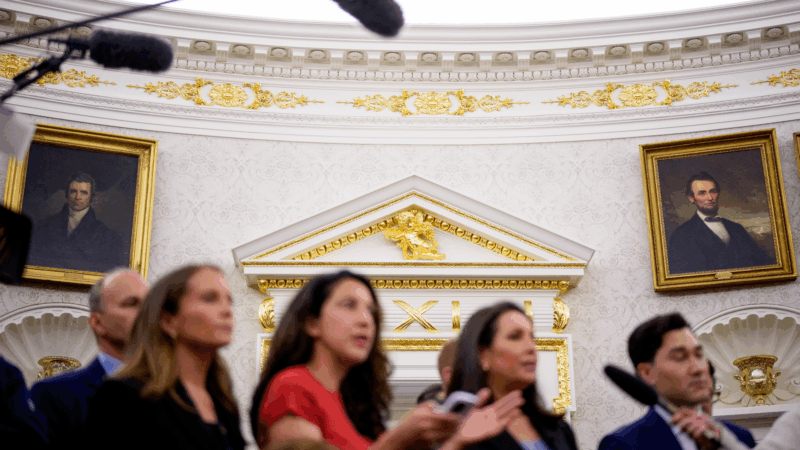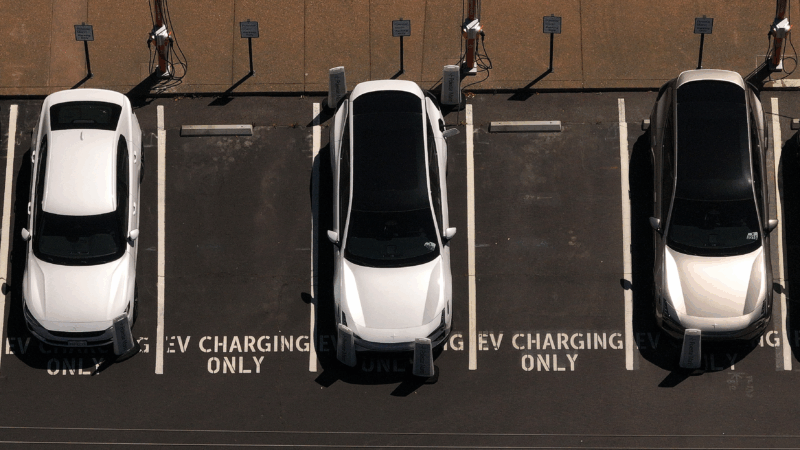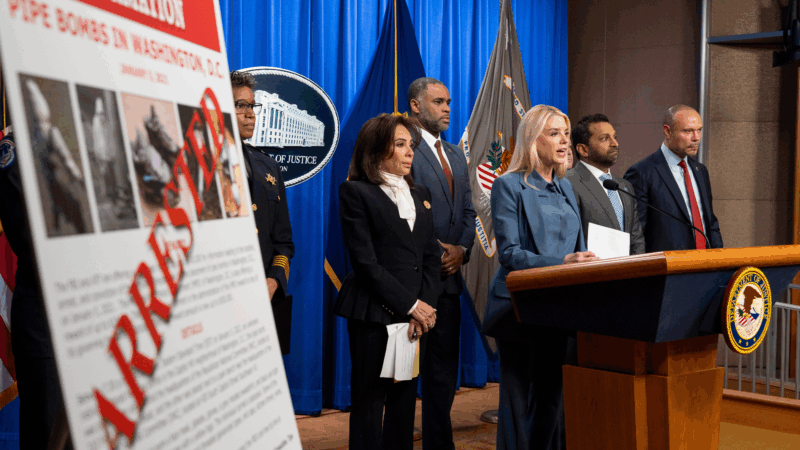New Clocks Launch November 17th
Starting Monday, November 17th, some of your favorite programs may sound a bit different. NPR, after extensive study and collaboration with member stations, is updating the programming “clocks” for Morning Edition and All Things Considered. Similar changes are in store for Weekend Edition and Weekend All Things Considered.
“Clocks” are the specific templates that we use at NPR, WBHM and other stations to tell us the precise timing of all the elements in the program. From how long the newscast will be, to when the funding credits are aired, to how much of a window we will have for the weather forecast or a feature story from WBHM’s news team.
While every NPR member station uses the same “clock” for these specific programs, each station adapts the template to best serve their local audience. That’s why, when traveling, a program such as All Things Considered will sound mostly the same everywhere but with slight variations — such as a local/regional newscast, promotion, or feature stories inserted into the program at different times.
Click here to view/download the new Morning Edition clock.
Click here to view/download the new All Things Considered clock.
Q: Why are the clocks changing?
A: Today’s media landscape is vastly different from the one that existed when the current clocks were put into service. Smart phones, podcasts, satellite radio, and connected cars are altering the way listeners get their news — from public radio and other media. While changes have been made to the clocks over the years, none have directly addressed these changing habits. In addition, people are increasingly turning to public media for news and information about their communities. WBHM has invested in building local news capacity and is looking for places in the radio “news magazines” to air stories. It’s NPR’s desire to provide the flexibility in the news magazines to strengthen what are truly collaborative productions.
Q: Will I notice the change?
A: You might not. Most of the changes are in Morning Edition, and little is changing in terms of things being added or taken away. It’s more how things are arranged and presented. Keen listeners will note that certain program elements will air at different times.
Q: What specifically might I notice?
A: In Morning Edition, additional newscasts have been added at 19:00 and 42:00 past the hour, and the bottom of the hour newscast has been eliminated. Also, in Morning Edition, weekly interviews with John Archibald and Cindy Crawford will move to approximately 45:00 past the hour.
Q: Will any other clocks change?
A: As of this writing, Fresh Air and Here & Now are scheduled to change in early 2015. Similar to the current clock changes, the shows will not sound drastically different; rather, some program elements may move or get tweaked in length.
Q: Will you be adding/dropping programming as a result of this change?
A: No. Changes in the clock do not mean new programming will be added or current programming will be taken off.
If you have further questions regarding the NPR clocks, you can contact WBHM’s Program Director, Michael Krall, at 205-934-2211 or at [email protected].
A ‘very aesthetic person,’ President Trump says being a builder is his second job
President Trump was a builder before he took office, but he has continued it as a hobby in the White House.
Electric vehicles had a bumpy road in 2025 — and one pleasant surprise
A suite of pro-EV federal policies have been reversed. Well-known vehicles have been discontinued. Sales plummeted. But interest is holding steady.
Why do so many people ring in the new year on Jan. 1?
Much of the world follows the Gregorian calendar, named after Pope Gregory XIII, who put the finishing touches on a Roman system that integrated ideas from other cultures.
Teens are having disturbing interactions with chatbots. Here’s how to lower the risks
Teen use of AI chat bots is growing, and psychologists worry it's affecting their social development and mental health. Here's what parents should know to help kids use the technology safely.
Pipe bomb suspect told FBI he targeted U.S. political parties, memo says
The man accused of placing two pipe bombs in Washington on the eve of Jan. 6, 2021 told investigators someone needed to "speak up" for people who believed the 2020 election was stolen, prosecutors said Sunday.
Chinese military stages drills around Taiwan to warn ‘external forces’
The drills came after Beijing expressed anger at U.S. arms sales, and a statement by Japan's prime minister saying its military could get involved if China were to take action against Taiwan.







